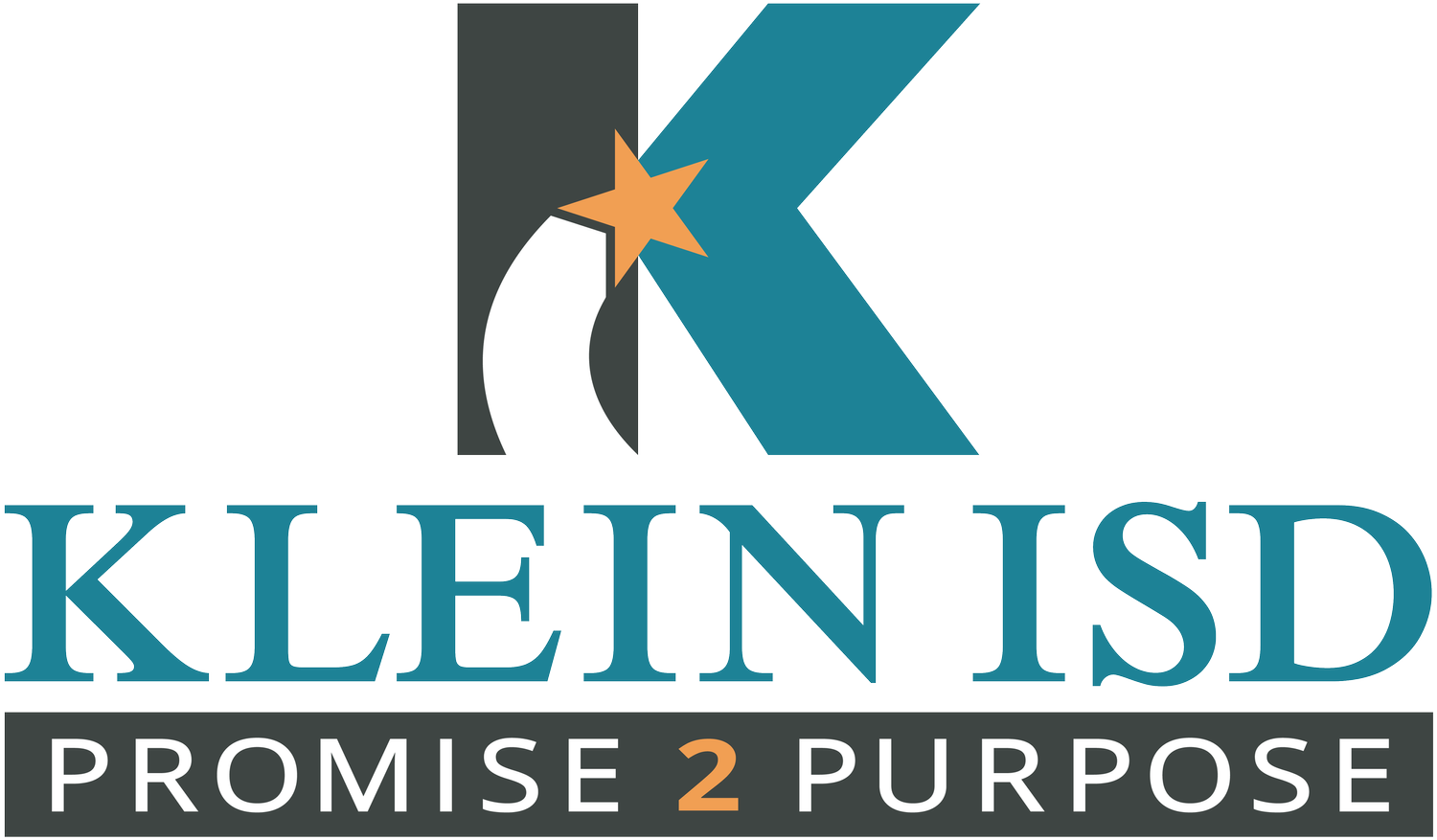Flexible Spending Account (FSA)
A Flexible Spending Account (FSA) is a tax-advantaged financial account that allows employees to set aside a portion of their pre-tax earnings to pay for eligible medical, dental, vision, and dependent care expenses.
-
Eligible Expenses: Health Care FSAs cover a wide range of medical expenses that are not reimbursed by insurance, including co-pays, deductibles, prescription medications, vision and dental care expenses, and certain over-the-counter items. However, specific eligible expenses may vary based on the plan guidelines and IRS regulations.
Contribution Limits: The maximum contribution limit for a Health Care FSA is determined by the IRS. For the 2025-2026 Plan year the annual contribution limit is $3,300.
"Use-it-or-lose-it" Rule: Health Care FSAs typically operate under a "use-it-or-lose-it" rule. This means that any funds contributed to the account must be used for eligible expenses within the plan year. If funds are not used by the designated time frame, they are forfeited.
General Rules and Restrictions: You cannot start, change, or stop contributions during the plan year unless you experience a Qualifying Life Event (QLE) (such as: marriage, divorce, or the birth/adoption of a child). You cannot claim expenses reimbursed through your FSA as a deduction on your income tax return.
Any claim for Dependent Care Flexible Spending Account or Health Flexible Spending Account Benefits shall be made to the Administrator. For the Health Flexible Spending Account, if a Participant fails to submit a claim within 61 days after the end of the Plan Year, those claims shall not be considered for reimbursement by the Administrator. However, if a Participant terminates employment during the Plan Year, claims for the reimbursement of Medical Expenses must be submitted within 30 days after termination of employment. For the Dependent Care Flexible Spending Account, if a Participant fails to submit a claim within 61 days after the end of the Plan Year, those claims shall not be considered for reimbursement by the Administrator. However, if a Participant terminates employment during the Plan Year, claims for reimbursement must be submitted within 30 days after termination of employment. If the Administrator denies a claim, the Administrator may provide notice to the Participant or beneficiary, in writing, within 90 days after the claim is filed unless special circumstances require an extension of time for processing the claim.
-
A Dependent Care Flexible Spending Account (FSA) is a tax-advantaged benefit program that allows employees to set aside pre-tax dollars to cover eligible dependent care expenses. It is designed to help working parents or guardians pay for the care of their dependents while they are at work or attending school.
Eligible Dependents: The care expenses must be incurred for qualifying dependents, which typically include children under the age of 13, disabled adult dependents, or elderly parents who are unable to care for themselves.
Qualified Expenses: Dependent Care FSAs can be used to cover a variety of eligible expenses, including childcare services, preschool or nursery school fees, before- or after-school programs, summer day camps, and in-home caregiver expenses. Expenses must be incurred to enable the employee (and their spouse, if applicable) to work or attend school.
Contribution Limits: The IRS sets annual contribution limits for Dependent Care FSAs. The maximum contribution limit is $5,000 per household per year (or $2,500 if married and filing taxes separately).
Pre-Tax Contributions: One of the main advantages of a Dependent Care FSA is that contributions are made with pre-tax dollars. This means that the money is deducted from your paycheck before taxes are calculated, reducing your taxable income. By lowering your taxable income, you may also lower your overall tax liability.
Reimbursement: Reimbursement for Dependent Care FSA claims is only up to the total amount that is in your account at that time.
Carrier Information: NBS
Group Number: NBS193797
Phone: (800) 274-0503
Website: www.nbsbenefits.com Manage your account online: https://nbs.wealthcareportal.com/Authentication/Handshake
Videos
